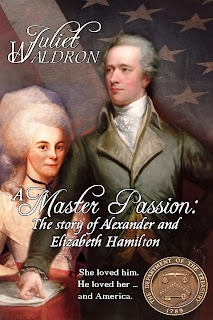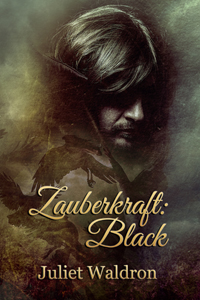Hardcover
Why after 500 years would anyone care about an August battle which ended a 423 year-long line of Plantagenet Kings? When Richard III died, so, in a manner of speaking, did the medieval world.
Of course, I didn't think of things that way when I was ten after reading The Daughter Of Time by Josephine Tey. As my mom was a passionate Anglophile, taking up this (then) obscure interest was a great way to please her and to amuse the academic adults in my life. English history was the most important European history to a young colonial brought up in the 1950's U.S. (Glad that's over!)
While my elders drank their afternoon cocktail and indulged me, I would passionately argue the case of "who murdered the princes in the Tower." If you don't know, well, these were the sons of Richard's brother, King Edward IV, the ones who vanished while in Richard's keeping. Richard, until then a faithful younger brother, had been appointed "Protector" because Edward's sons were minors. I soon read many more Ricardian histories (so-called for those books that dealt with the very short reign of Ricard III) and became a kind of young lobbyist for this (then) little known late medieval King.
If you know Shakespeare's Tudor propaganda piece, you know that Richard III was the original wicked uncle, as well as a murderer of just about every other kinsman/royal who ever crossed his path. He was "crook-back," his physical deformity matching his wicked mind. God sent Henry Tudor to defeat him and deliver England from a tyrant.(!)
History, however, isn't quite so cut and dried. Richard of York was slain by a man whose claim to the English throne was supported--not by God--but by the treachery of power-hungry noblemen and women, and it rested upon an extremely tenuous claim through an illegitimate line. Henry VII, as he became, was "The Godfather" of the next murdering, famous/infamous English dynasty. His reign set a kind of record for beheadings of kinsmen and those he believed were rivals. He set up an organized program of legally extorting the high nobility, in order to break their power. These actions he took evenhandedly, not sparing those who'd betrayed Richard to support him. He had something of a record for judicial murder--at least, until the reign of his son, Henry VIII.
No saints here, whether of the White Rose Party or the Red! Check out the feudal history of any country in the world, and you'll see the same story, universally. Looking back dispassionately, something I can do after many, many more years of reading world history, all I see is one gang of vain, self-serving, murderous, paranoid, grasping 1%ers succeeding another. It's just "human beings being human," only in the worst possible way.
Despite all "older and wiser caveats," I wrote Roan Rose, because this was a story I "owed" my childhood obsession, Richard. Besides, take away the aristocratic, medieval window dressing, and here's a story worthy of an opera--or a series TV show, like Succession. Family feuds, vast wealth, sibling rivalry, hubris, greed, addiction, betrayals by the score, and unions made with passion and unions made for gain, are similarly on display.
This, however, is more of a "downstairs" story, which allows me to explore what the life of ordinary people was like during this turbulent civil war period. A personal "body servant" was privy to all manner of royal secrets. Faithful Rose loves both her mistress and her master, who are, by the accident of birth, both placed loftily, high above her. They can hardly see her, this couple whose hearts she can never truly possess. "Loyaulté me lie," ("Loyalty Binds me") was Richard's chosen motto. Perhaps it's even more true of this fictional commoner who remains so dear to my heart, Roan Rose.
http://www.amazon.com/-/e/B004HIX4GS
"Juliet Waldron's grasp of time and period history is superb and detailed. Her characters were well developed and sympathetic."
"One of the better Richard III books..."
(Amazon reviews)
















.jpg)







.jpg)
















